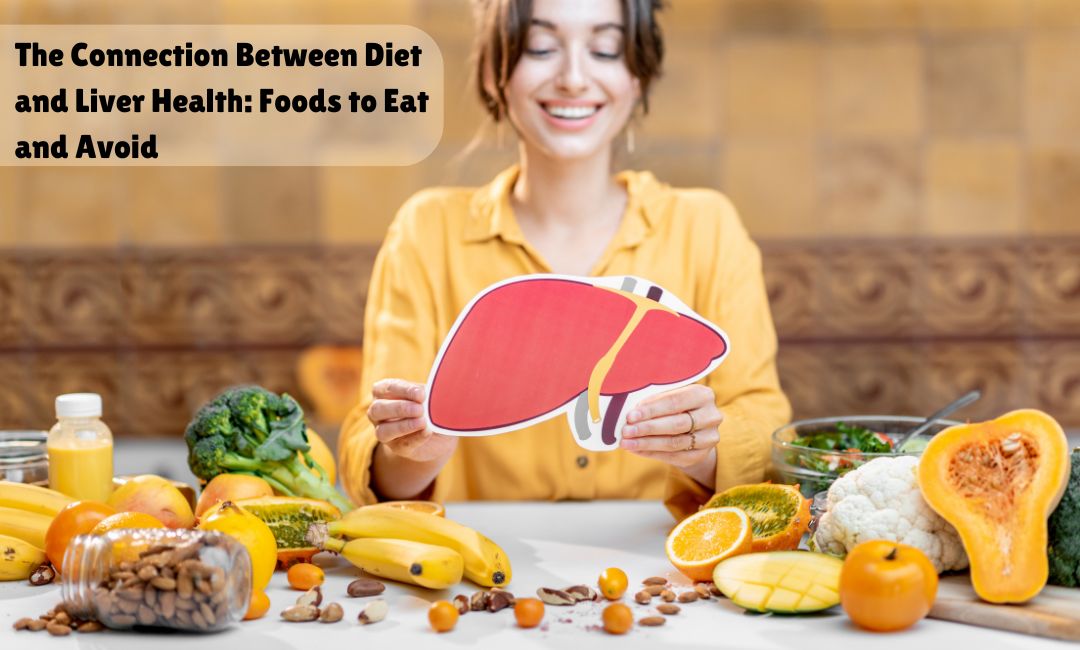The gut microbiome, a complex community of microorganisms living in the digestive tract, plays a crucial role in maintaining overall health and wellness. Emerging research has highlighted the profound impact that a balanced gut microbiome can have on various aspects of health, from digestion to immune function and mental well-being. This blog explores the importance of a healthy gut microbiome, how it influences overall wellness, and practical tips for maintaining a balanced gut flora.
Understanding the Gut Microbiome
The gut microbiome consists of trillions of bacteria, viruses, fungi, and other microorganisms that reside primarily in the intestines. These microorganisms play essential roles in digestion, nutrient absorption, and immune system function. A balanced microbiome supports health, while imbalances or disruptions can lead to a range of health issues.
The Benefits of a Healthy Gut Microbiome
Digestive Health:
Nutrient Absorption: Beneficial gut bacteria help break down complex carbohydrates, proteins, and fats, facilitating the absorption of essential nutrients.
Regular Bowel Movements: A balanced microbiome promotes regular bowel movements and prevents digestive issues such as constipation and diarrhea.
Immune Function:
Immune Support: The gut microbiome plays a key role in regulating the immune system. It helps the body distinguish between harmful pathogens and harmless substances, reducing the risk of infections and autoimmune conditions.
Inflammation Reduction: A healthy microbiome can help regulate inflammation levels, potentially reducing the risk of chronic inflammatory diseases.
Mental Health:
Gut-Brain Axis: The gut microbiome communicates with the brain through the gut-brain axis, influencing mood, behavior, and mental health. Imbalances in gut bacteria have been linked to conditions such as anxiety and depression.
Neurotransmitter Production: Gut bacteria produce neurotransmitters like serotonin, which play a role in mood regulation and overall mental well-being.
Weight Management:
Metabolism Regulation: The microbiome influences how the body processes and stores nutrients, affecting weight and metabolism. Imbalances in gut bacteria have been associated with obesity and metabolic syndrome.
Appetite Control: Certain gut bacteria can impact hunger and satiety signals, influencing eating behaviors and weight management.
Chronic Disease Prevention:
Cardiovascular Health: A balanced gut microbiome supports heart health by regulating blood pressure, cholesterol levels, and inflammation.
Diabetes Management: The gut microbiome can influence insulin sensitivity and glucose metabolism, playing a role in the management and prevention of type 2 diabetes.
Factors Affecting Gut Microbiome Health
Diet:
Fiber-Rich Foods: Diets high in fiber from fruits, vegetables, whole grains, and legumes promote the growth of beneficial gut bacteria.
Probiotics and Prebiotics: Probiotic-rich foods (e.g., yogurt, kefir) and prebiotic foods (e.g., garlic, bananas) support a healthy microbiome by providing beneficial bacteria and feeding existing ones.
Antibiotics and Medications:
Antibiotic Impact: Antibiotics can disrupt the balance of gut bacteria by killing both harmful and beneficial microorganisms. It’s important to use antibiotics only as prescribed and consider taking probiotics to help restore balance.
Medication Effects: Some medications, including certain pain relievers and antacids, can affect gut microbiome health. Discuss any concerns with your healthcare provider.
Stress:
Stress Response: Chronic stress can negatively impact the gut microbiome by altering gut motility and increasing inflammation. Stress management techniques, such as mindfulness and relaxation exercises, can support gut health.
Sleep:
Sleep Quality: Poor sleep can disrupt the gut microbiome and contribute to gastrointestinal issues. Prioritizing good sleep hygiene and aiming for 7-9 hours of quality sleep per night can benefit gut health.
Lifestyle Factors:
Exercise: Regular physical activity supports a healthy gut microbiome by promoting the growth of beneficial bacteria and improving digestion.
Hydration: Adequate water intake supports digestion and helps maintain a healthy balance of gut bacteria.
Tips for Maintaining a Healthy Gut Microbiome
Eat a Diverse Diet:
Variety of Foods: Consuming a variety of fruits, vegetables, whole grains, lean proteins, and healthy fats provides different nutrients and supports a diverse gut microbiome.
Minimize Processed Foods: Reduce intake of processed and sugary foods, which can negatively impact gut health.
Incorporate Probiotics and Prebiotics:
Probiotic Foods: Include fermented foods like yogurt, kefir, sauerkraut, and kimchi in your diet to boost beneficial bacteria.
Prebiotic Foods: Eat prebiotic-rich foods such as garlic, onions, leeks, and asparagus to feed and support existing gut bacteria.
Manage Stress:
Stress Reduction: Practice stress management techniques such as meditation, deep breathing exercises, and physical activity to support gut health.
Prioritize Sleep:
Good Sleep Habits: Maintain a consistent sleep schedule, create a relaxing bedtime routine, and create a comfortable sleep environment to support quality sleep.
Stay Hydrated:
Adequate Water Intake: Drink plenty of water throughout the day to support digestion and overall gut health.
Exercise Regularly:
Physical Activity: Engage in regular physical activity to promote a healthy gut microbiome and improve overall well-being.
Limit Antibiotic Use:
Responsible Use: Use antibiotics only when prescribed by a healthcare provider and consider taking probiotics to help restore gut balance afterward.
Consult a Healthcare Professional:
Personalized Advice: If you have specific concerns about your gut health or are experiencing digestive issues, consult a healthcare provider or a registered dietitian for personalized guidance and recommendations.
Conclusion
A healthy gut microbiome is essential for overall wellness, influencing everything from digestion to mental health and disease prevention. By understanding the factors that affect gut health and taking proactive steps to maintain a balanced microbiome, you can support your overall well-being and enjoy a healthier life. If you have concerns about your gut health or need expert advice, the team at Digestive and Liver Disease Consultants, P.A. is here to provide support and personalized care to help you achieve optimal health.






